Poland is resisting the EU’s war on populism
The presidential elections have dealt a blow to the Polish and European elites.
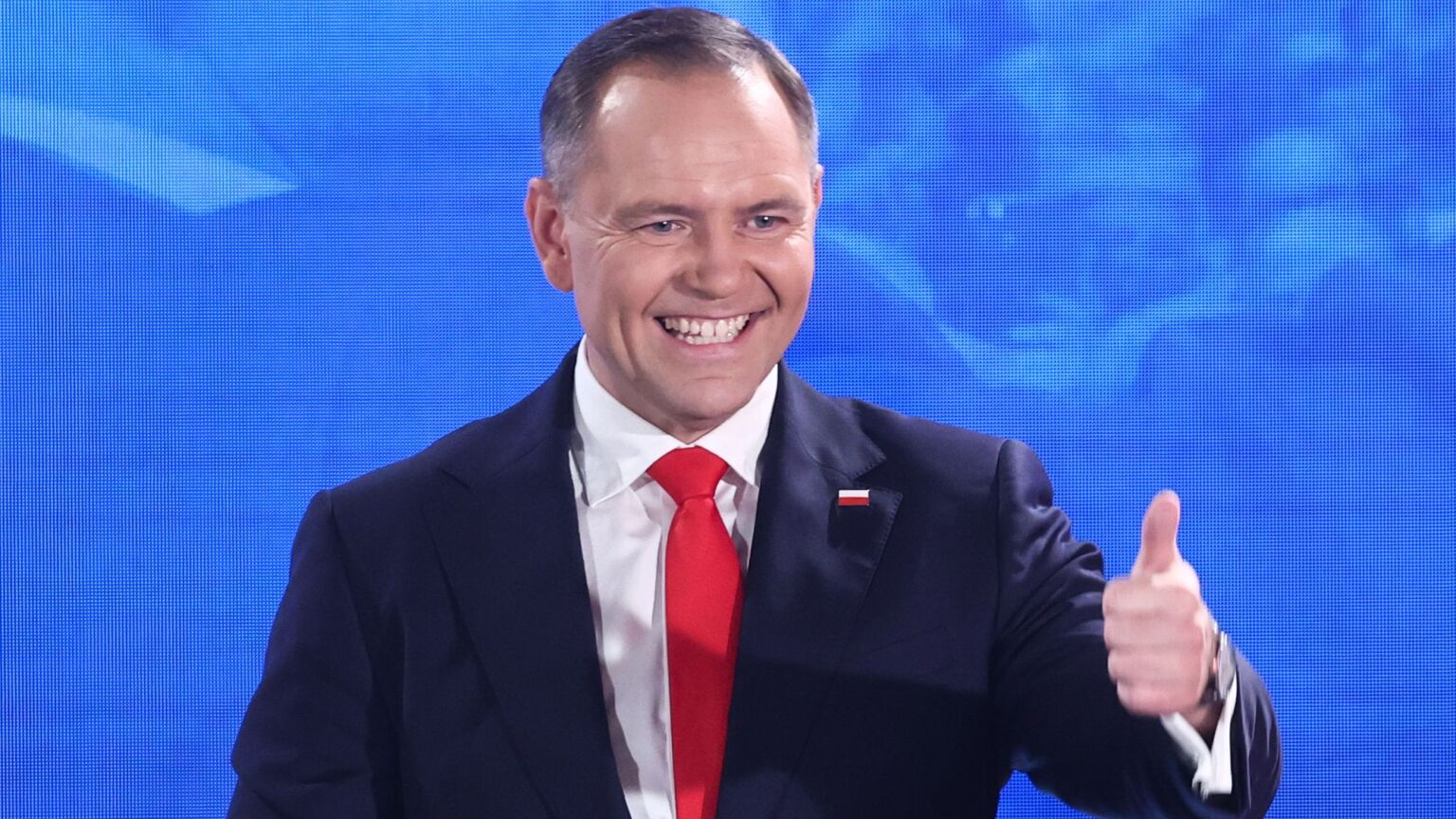
Want unlimited, ad-free access? Become a spiked supporter.
Kudos to Poland. It held an election and the ‘wrong’ candidate managed to win, without, as yet, any accusations of outside interference or calls for a new ballot. On Monday, the socially conservative Eurosceptic, Karol Nawrocki, was confirmed as the new president of Poland, defeating the liberal mayor of Warsaw, Rafal Trzaskowski, by the merest whisker: 50.9 to 49.1 per cent.
There was a telling media silence in the early hours of Monday morning, as the exit polls, which had allowed the centrist, pro-EU Trzaskowski to claim an early victory, were proved wrong. By morning, Nawrocki, the historian representing the nationalist Law and Justice Party, was declared the winner.
Nawrocki’s victory will come as a big disappointment to Poland’s liberal and pro-EU government, headed by Donald Tusk. It had hoped that having a president from its own Civic Platform party in Trzaskowski would remove many of the blocks, imposed by outgoing conservative president Andrzej Duda, to its legislative programme. Without a parliamentary majority, Tusk’s government – now in power for two years – has been stymied on much of what it wants to do, including liberalising the abortion law. It now finds itself in the same position as before, with Nawrocki, who takes office in August, likely to be as uncooperative on social changes as Duda.
Nawrocki’s victory will be just as unwelcome in many European countries, where it will signal the continuation of divided power in Poland and do nothing to strengthen the EU voice on Ukraine. Poland has already refused to sign up to the proposal of the UK and France for a military ‘coalition of the willing’ to serve in Ukraine, on the grounds that it has enough to do to secure its own borders, some of which are also NATO borders. That will not change now, as it perhaps might have done with a prime minister and a president facing the same way. If a coalition of the willing had ever been a serious prospect, it is probably even less of one now.
This election also doesn’t bode particularly well for Ukraine’s prospects of being fast-tracked into the EU. Poland’s welcome for Ukrainian refugees has long been on the wane, while the voice of Polish farmers concerned about cheap Ukrainian produce flooding into the EU via Poland will be as loud, if not louder, than before.
At the same time, it could be argued that the election result, which essentially means that the current ‘cohabitation’ of a liberal government and a conservative presidency will continue, is more representative of the current state of Poland than a liberal alignment of the two branches of power would have been. This was a campaign of high passions, with crowded public meetings all over the country and intense televised debates. The turnout, if confirmed at almost 73 per cent, would be the highest ever for a Polish presidential election.
And while Trzaskowski won the first round of voting, the margin between him and the second-placed Nawrocki was narrower than had been forecast. There were also two smaller parties well to the right of the Law and Justice party that supported Nawrocki, whose votes were among those being fought for by the two candidates in the run-off.
On the other hand, Nawrocki also overcame what his supporters saw as a last-minute dirty-tricks effort to compromise him over allegations about a flat that he had owned and let out, suggesting that his margin of victory might otherwise have been wider.
As a reflection of Poland’s political complexion today, the result rings true to me as a reasonably regular visitor. The further east you travel in Poland, the further the country seems from the west of Europe and the less open to the outside world. The population is older and sparser – many working-age Poles having left – and the land more rural. Hostility towards the Ukraine war is more apparent, with already poor Poles watching a fair number of Ukrainians who have benefitted from refuge in Poland regularly travelling to and fro. Opinion polls showed support for Trzaskowski higher in the west of the country than in the east.
Nawrocki’s win may have been by the narrowest of margins, but it shows that conservative Poland cannot be written out of the script just yet. It might also be worth noting that Nawrocki, at 42, is by 11 years the younger man. It also leaves Hungary and Slovakia, among others, less isolated in their scepticism towards the EU and the Ukraine war than they would have been in the event of his defeat. Poland’s voice in the EU will remain, to an extent, divided.
How far the election could harm Donald Tusk’s standing, either in the EU or in Poland, is another matter. Although the election was widely seen as a referendum on Tusk’s government, the closeness of the result leaves the jury out. His difficulty is that he has disappointed his supporters by failing to do much of what he promised, largely because of the constitutional stalemate, while not increasing his appeal to his opponents. This is unlikely to change under Nawrocki.
What could shift, just a little, is the public’s view of Karol Nawrocki himself, who has a more interesting pedigree than the media’s labels of ‘far right’ or ‘Trumpist’ might suggest. He has spent the past four years as head of the Institute of National Remembrance, having been director of the Museum of the Second World War in Gdańsk and a scholar specialising in the history of opposition to Communism in Poland. He is also on a Russian blacklist for alleged involvement in the removal of monuments to the Red Army in Poland. All of which makes it quite hard to tar him with a brush of being sympathetic to Russia, poorly versed in Poland’s path to democracy, or further right than many a Polish patriot of a socially conservative stamp.
Nawrocki’s election might even be cited as evidence that Poland has emerged as a more credible democracy than several of the countries that overthrew Communism in the late 1980s. Take Romania, which managed to produce an ‘acceptable’ president only last month, at the second time of asking, after the first effort was annulled for throwing up the ‘wrong’ first-round winner. Or Georgia, whose parliamentary elections received an ambivalent judgement from international observers last year, and where almost continual street protests since have rendered the country nigh-on ungovernable.
The contrast with Poland should be clear. The election might not have produced the president the establishment sought, but democracy is not about ensuring the ‘right’ candidate wins.
Mary Dejevsky is a writer and broadcaster. She was Moscow correspondent for The Times between 1988 and 1992. She has also been a correspondent from Paris, Washington and China.
£1 a month for 3 months
You’ve hit your monthly free article limit.
Support spiked and get unlimited access.
Support spiked – £1 a month for 3 months
spiked is funded by readers like you. Only 0.1% of regular readers currently support us. If just 1% did, we could grow our team and step up the fight for free speech and democracy.
Become a spiked supporter and enjoy unlimited, ad-free access, bonus content and exclusive events – while helping to keep independent journalism alive.
———————————————————————————————————————————–
Exclusive January offer: join today for £1 a month for 3 months. Then £5 a month, cancel anytime.
———————————————————————————————————————————–
Monthly support makes the biggest difference. Thank you.


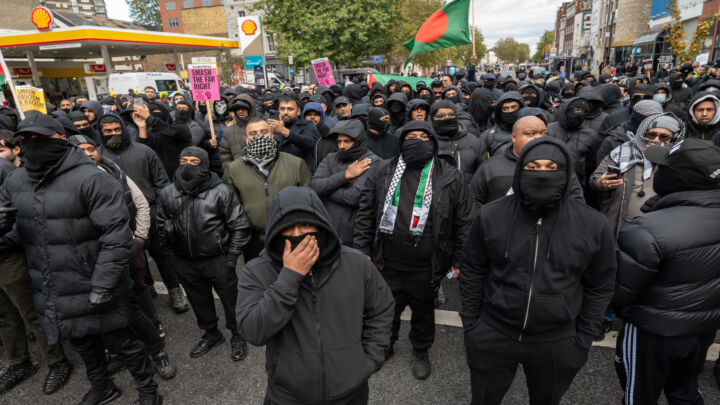
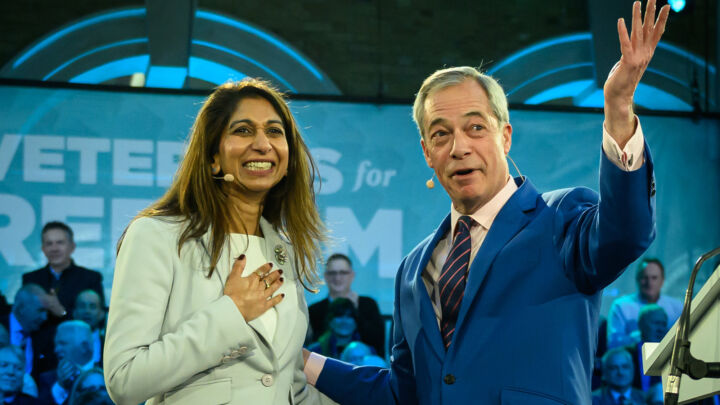
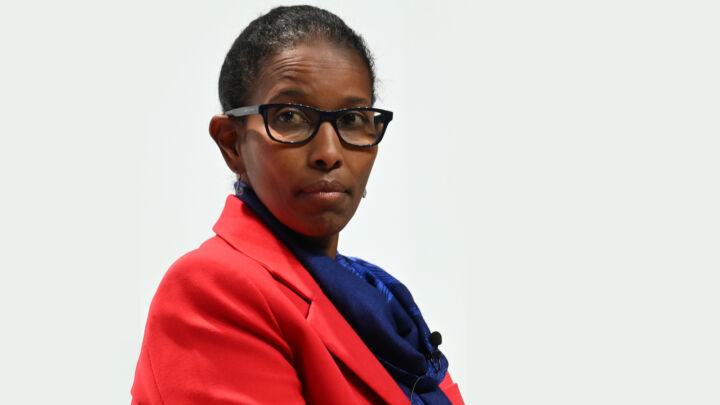

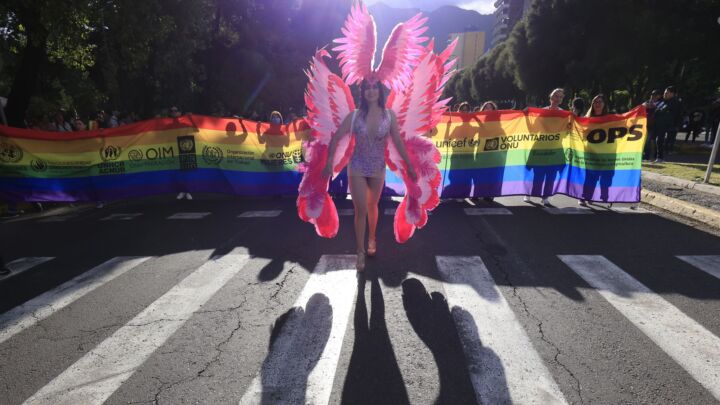



Comments
Want to join the conversation?
Only spiked supporters and patrons, who donate regularly to us, can comment on our articles.